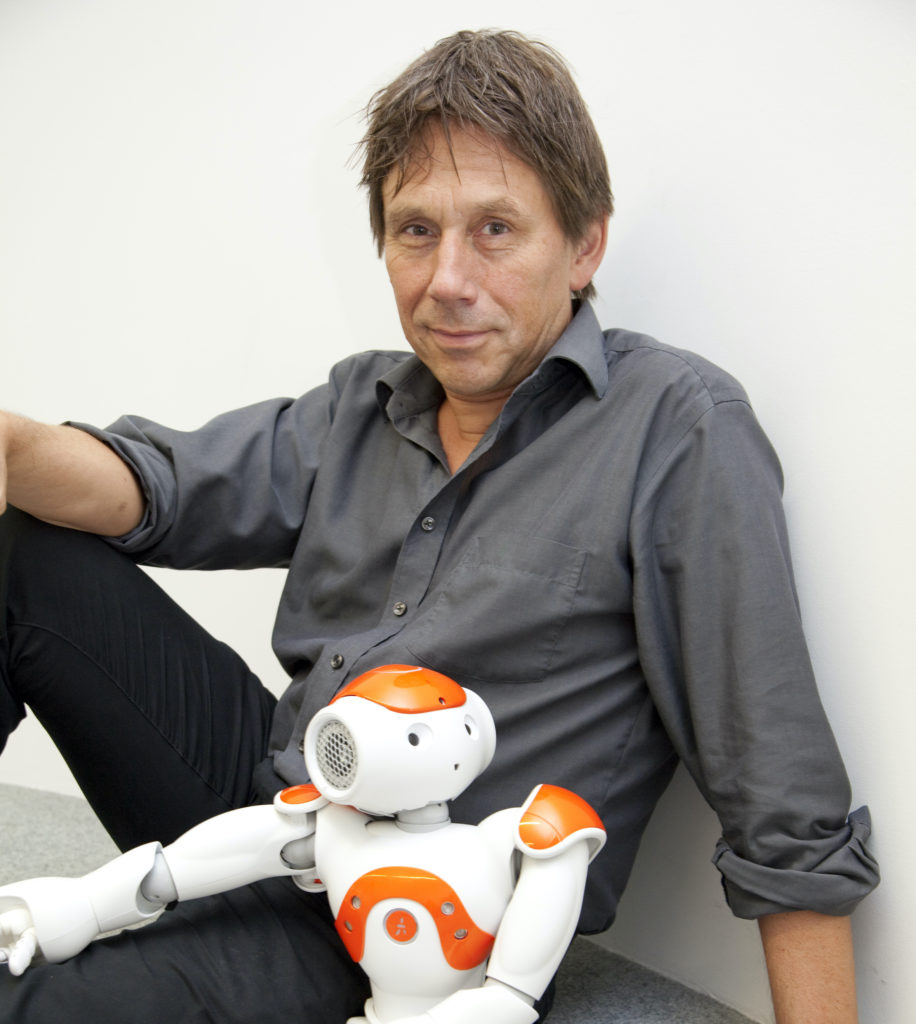Getting into Robotics: Pierre Dillenbourg

So, how did you get into working as a professor?
In gymnasium, I followed a high-end curriculum, 10 hours of maths and 6 hours of latin per week. My friends went to maths or medicine at the university. I wanted to change the world and hence became elementary school teacher. I did so in Bruxelles, and I am still in touch with my pupils, 35 years later. But, I was too young to stop. I went for a Master in education, where I discovered AI. Its beauty pushed me to do a PhD in computer science in the UK.
Why did you go out of the classroom and into the lab?
Actually, as a specialist of learning technologies, I never left classrooms. We do lab experiments, but the truth in our field is always to succeed improving learning outcomes in standard classrooms. A classroom is a highly-constrained environment and it’s hard to invent technologies that satisfy all classroom constraints.
Did you find it hard to make such a big leap in your career?
When I left Belgium for a PhD in CS in England, I almost did not speak English and knew not much about computer science. At that time, I also decided to do the “Patrouille des Glaciers” with two belgian friends. What is cool about being young is that one does not fear big leaps. Later on, one thinks too much before doing.
What made you branch out into working with robots?
What role do you think robots will play in education in the future? In my lab (CHILI), robotics are not the main theme, but one technology among the set of technologies that may enhance learning. However, the other technologies in our lab, such as tangible interfaces, augmented reality or interactive furniture, are similar to robotics: they are totally digital and yet totally physical. In this hands-on culture, I hired Frédéric Kaplan, who brought robotics into the lab. Later on, Séverin Lemaignan further developed this line of research in the lab.
What advice for those who wish to follow an academic path?
Don’t try to plan any path. When opportunities emerge, jump on them and think later on. Brel said “le seul talent, c’est l’envie”.